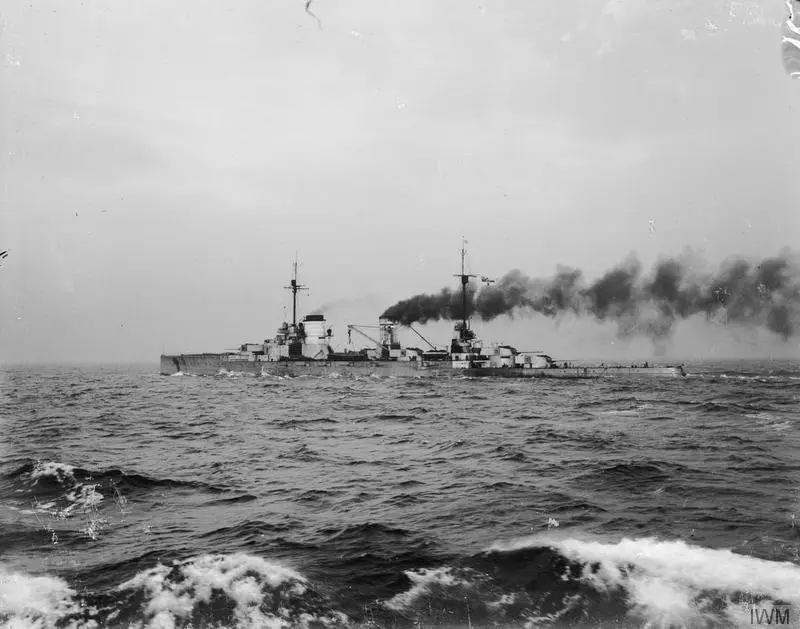The Scuttling of the German Fleet: 2019 Summer Exhibition at the Orkney Museum. Panel 2, Part 2. To Scapa Flow


To Scapa Flow
From Rosyth the Interned Squadron were sent to Scapa Flow, a destination that they didn’t know about before sailing from Germany. The first group of 20 destroyers arrived in Orkney on the 23rd November. More ships came over the next four days until the final group of four battleships and three light cruisers arrived on the 27th. Between the 6th and 13th December, 14,975 officers and men were repatriated back to Germany. Another 2,700 sailors would be sent home on the 18th June 1919, just three days before the scuttling. The Admiralty had refused to have any dealing with the Soldiers’ Council representatives, which greatly annoyed them. Von Reuter took the opportunity of having the most radical members of the crews repatriated to Germany, but still the remaining Soldiers’ Council members made life as difficult as possible for him and his officers. It was particularly bad on von Reuter’s flagship, SMS Friedrich der Grosse. On the 6th December, the battleship SMS König and the light cruiser SMS Dresden arrived directly from Germany, having been repaired. They were joined by the destroyer V129, the replacement for the V30, which had sunk on the voyage over. The battleship SMS Baden was sent as a replacement for the battle-cruiser SMS Mackensen, which the British mistakenly thought had been built, but was never completed.



‘On shore the huts of the natives are about as high as a good German dog’s kennel.The English have been lying here for four years. That must have been pretty uncomfortable.’


Not everyone was happy that the German Fleet was in Scapa Flow. The Liverpool Echo complained:
‘Why bury the surrendered German Fleet of magnificent super-Dreadnoughts and battle cruisers at Scapa Flow?’
Their suggestion was to send the ships to Liverpool where they could be open to the public and raise money for the Liverpool’s Own and other charities. Or tour the ships around UK ports, crewed by British sailors. What they had failed to understand was that the ships were still the property of the German Government. The British had no authority to even post guards onboard the German ships, yet alone tour them as war prizes.



By the end of February 1919, the local newspapers were reporting the suggestion that the German ships should be taken out to deep water and sunk. This led to a correspondent from the Orkney island of Flotta asking if they could get one of the big ships to be sunk as a pier, possibly with a second one sunk at right angles to it to create a breakwater. But the tone of reporting at this time was of a patriotic nature, as the following extract from a local poet shows. ‘Scapa Flow’ poem by D. Horne.
But Beatty swept like a roaring breeze,
From the Kiel Canal to the Orcades,
He conveyed his mighty High Seas Fleet,
Straight in to Scapa Flow.

